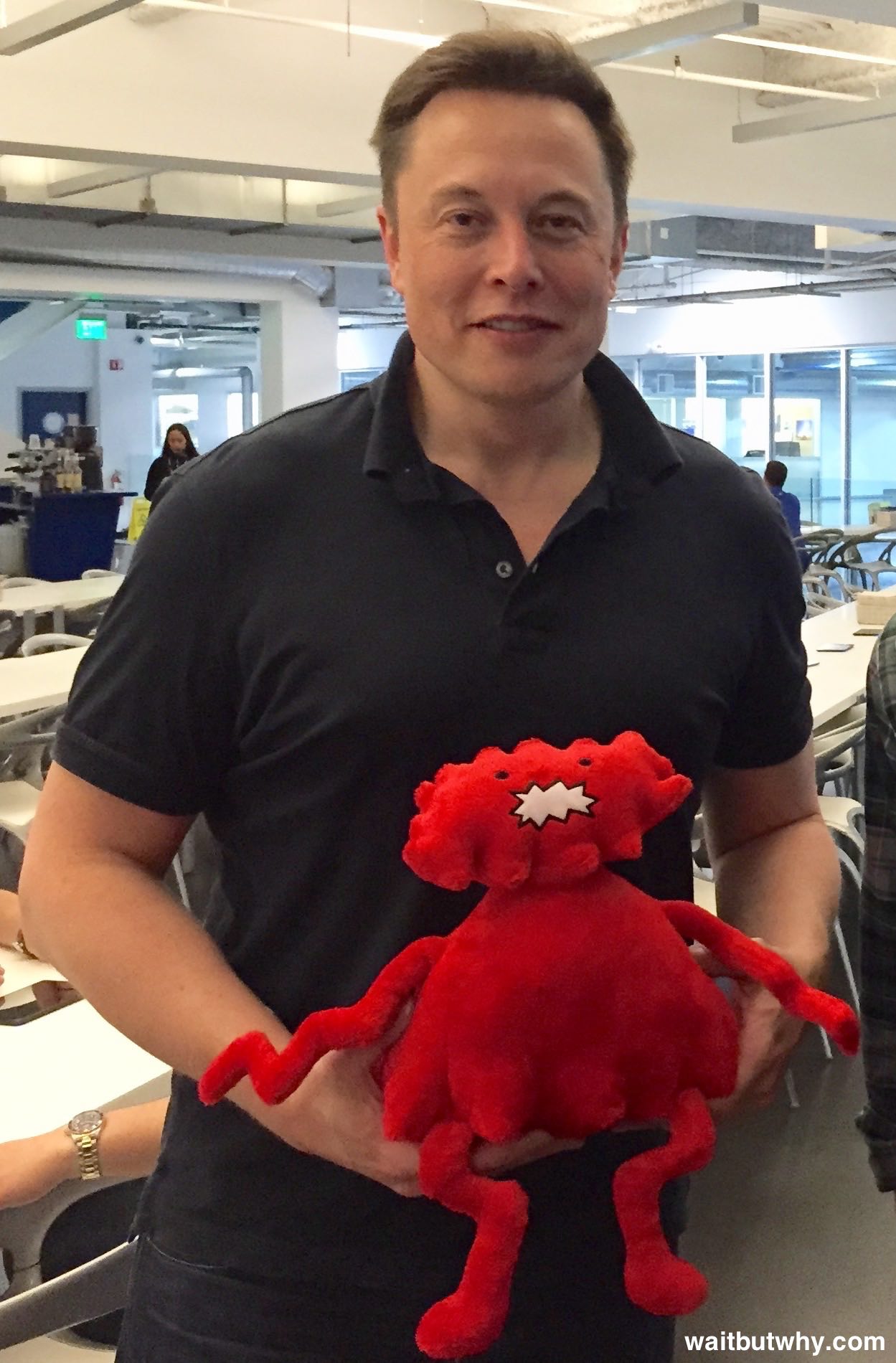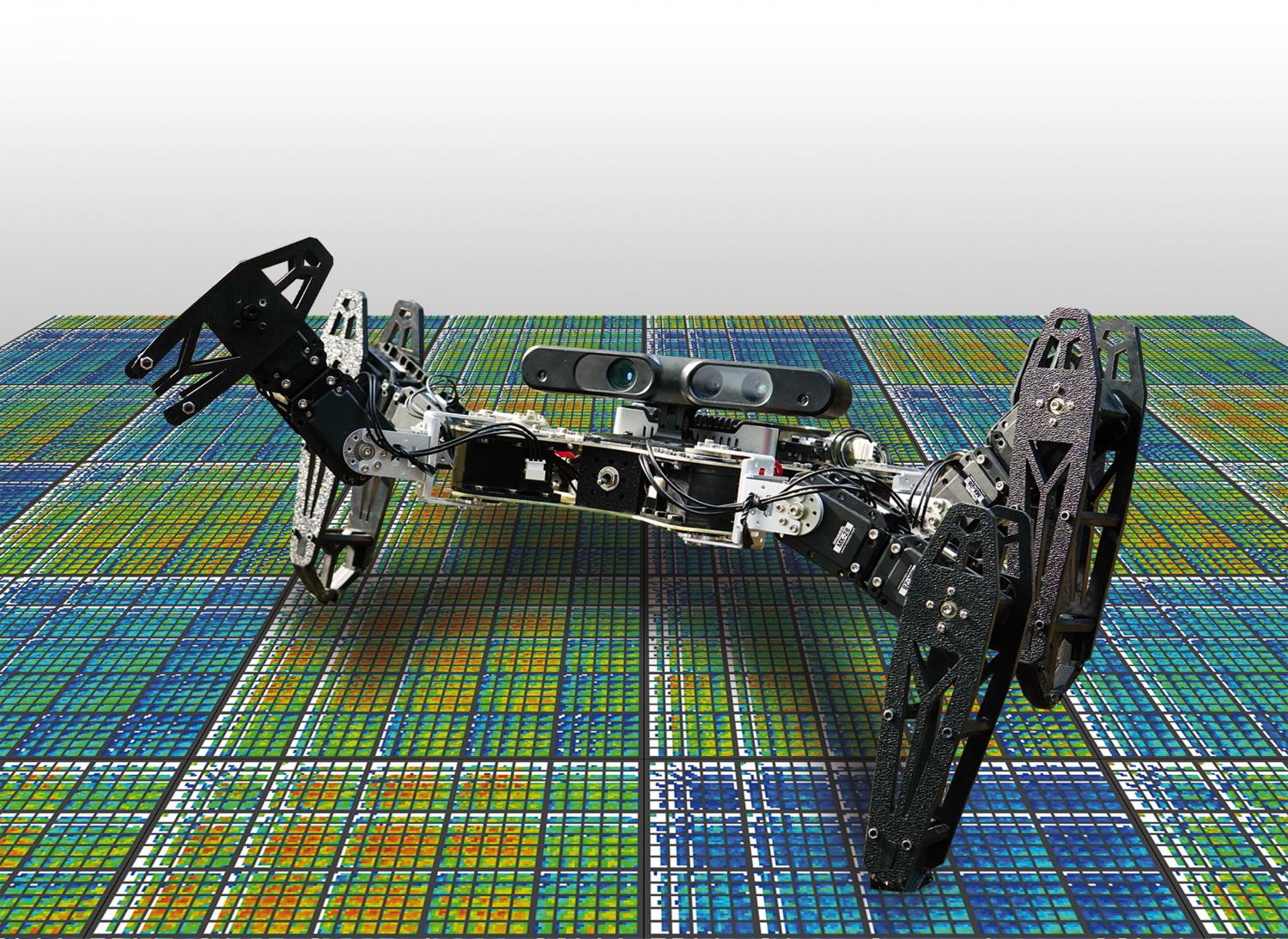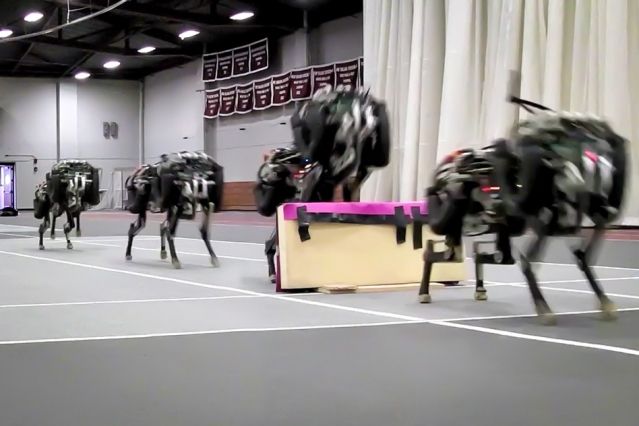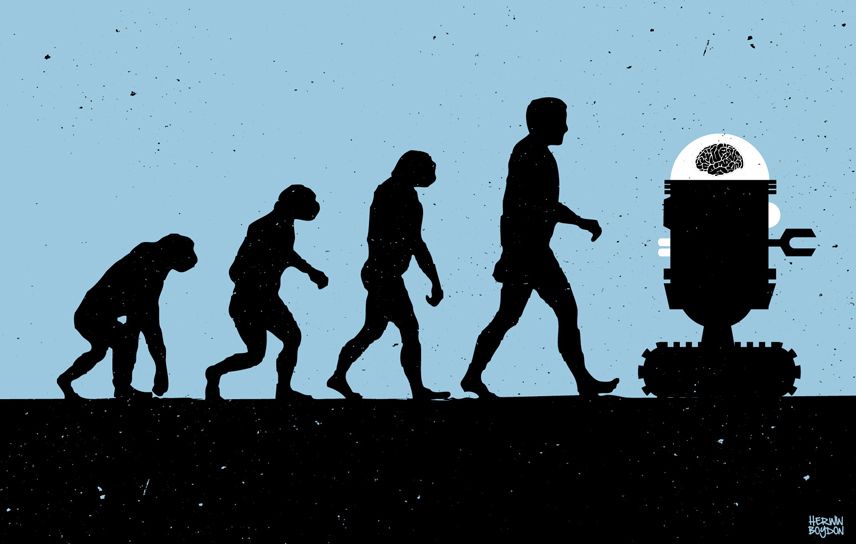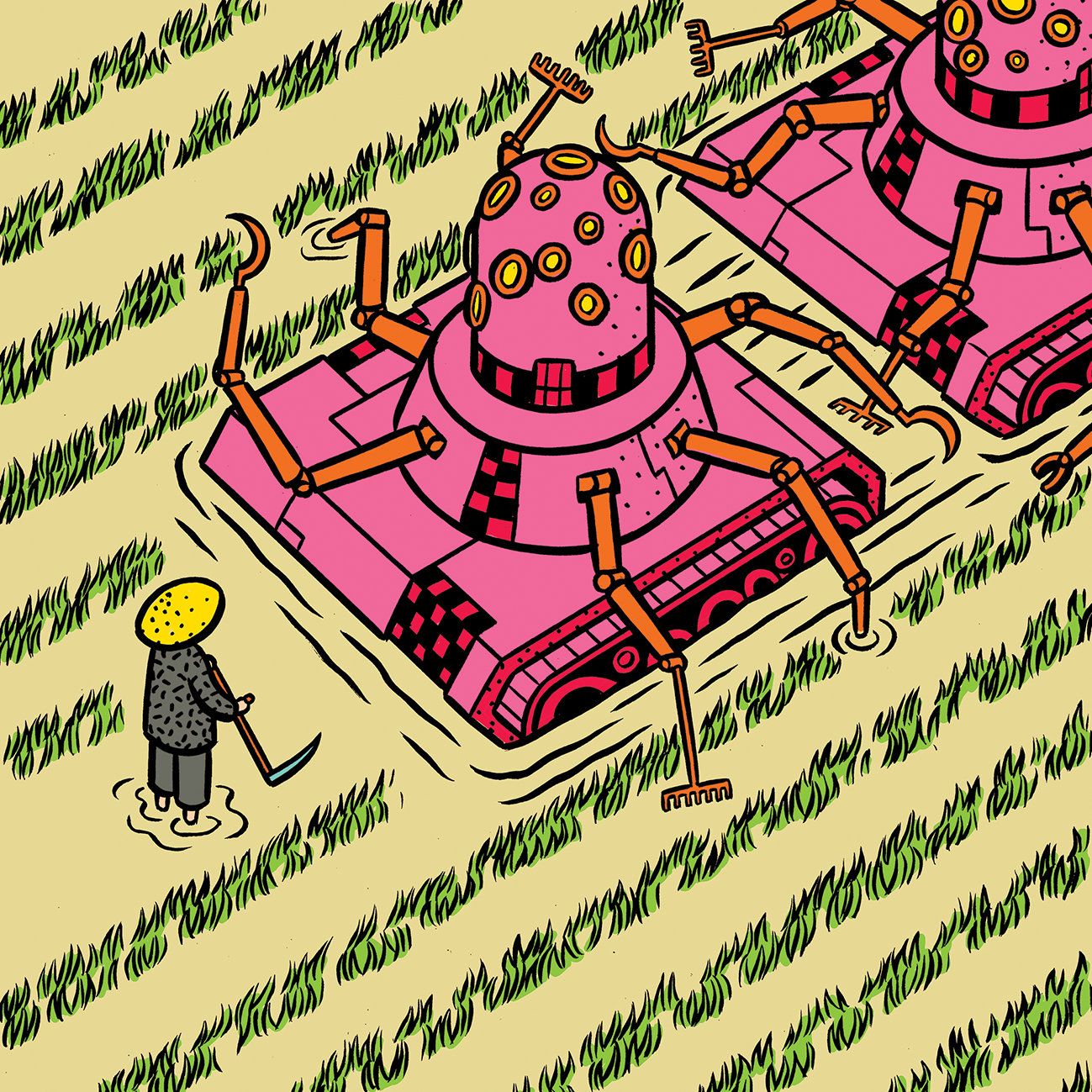When I hear that the conversation is about an ethical problem I anticipate that right now the people are going to put everything upside down and end with common sense. Appealing to ethics has always been the weapon of conservatism, the last resort of imbecility.
How does it work? At the beginning you have some ideas, but in the end it’s always a “no”. The person speaking on the behalf of ethics or bioethics is always against the progress, because he or she is being based on their own conjectures. What if the GMO foods will crawl out of the garden beds and eat us all? What if there will be inequality when some will use genetic engineering for their kids and some won’t? Let’s then close down the schools and universities – the main source of inequality. What if some will get the education and other won’t?
That’s exactly the position that Elon Musk took by fearing the advances in genetic engineering. Well, first of all, there already is plenty of inequality. It is mediated by social system, limited resources and genetic diversity. First of all, why should we strive for total equality? More precisely, why does the plank of equality has to be based on a low intellectual level? How bad is a world where the majority of people are scientists? How bad is a world where people live thousands of years and explore deep space? It’s actually genetic engineering that gives us these chances. From the #ethics point of view things are visa versa. It’s refusing the very possibility of helping people is a terrible deed. Let’s not improve a person, because if we do what if this person becomes better than everybody else? Let’s not treat this person, because if we do he might live longer than everybody else? Isn’t this complete nonsense?
There’s another aspect of #geneticengineering – people always talk about improving the children, however genetic engineering first and foremost gives the opportunity to improve the already living people. Gene therapies already exist and it would be wonderful if we could live to see the moment when they are able to improve our health and intellect many fold. It is obvious that these technologies have to be safe. So, if we can help a child or a grown up, let’s do it immediately. This is the real ethic position.
I will also allow myself to speculate that genetic engineering is the fastest track towards the Artificial Intelligence. The majority thinks that AI will arise in a computer, but I think it might be easier to grow the superbrain and train it. And yes, with the help of genetic engineering.
Read more
